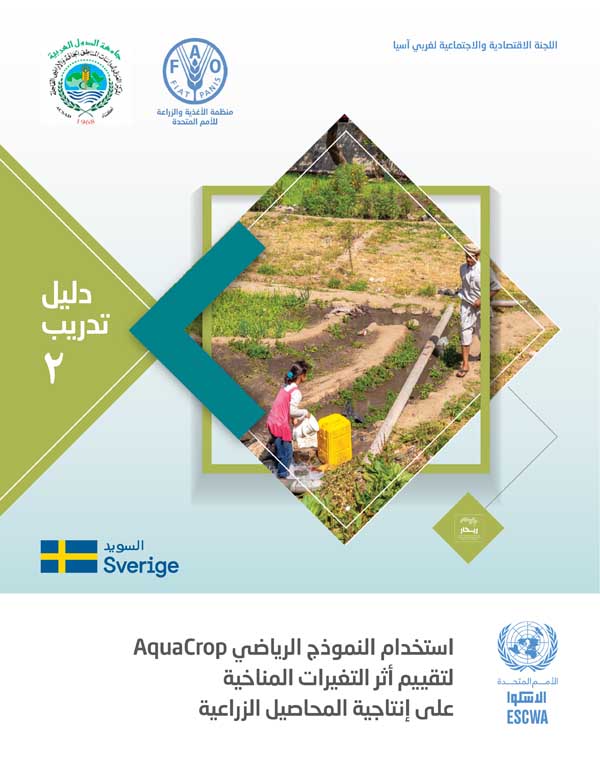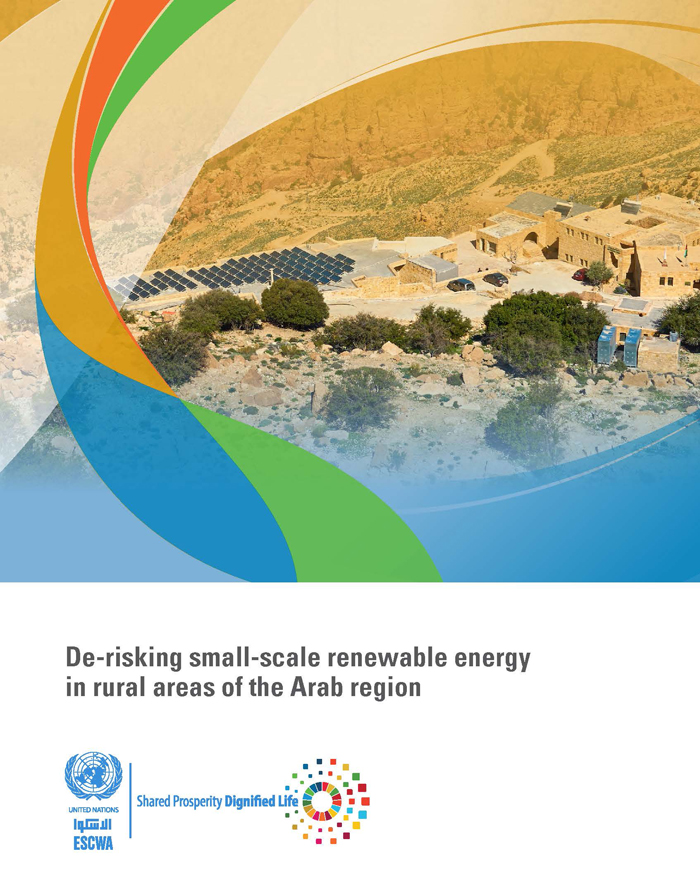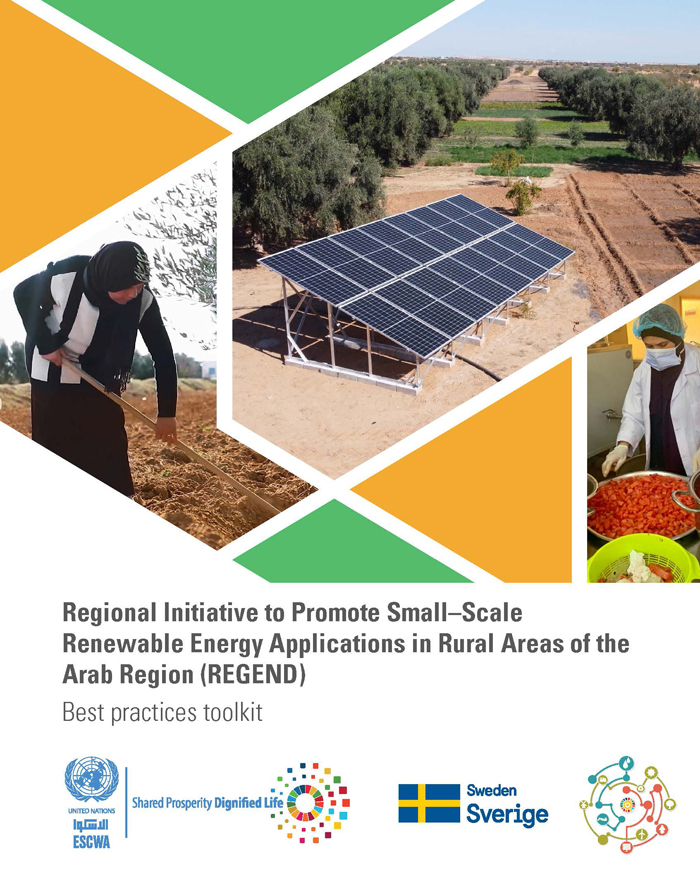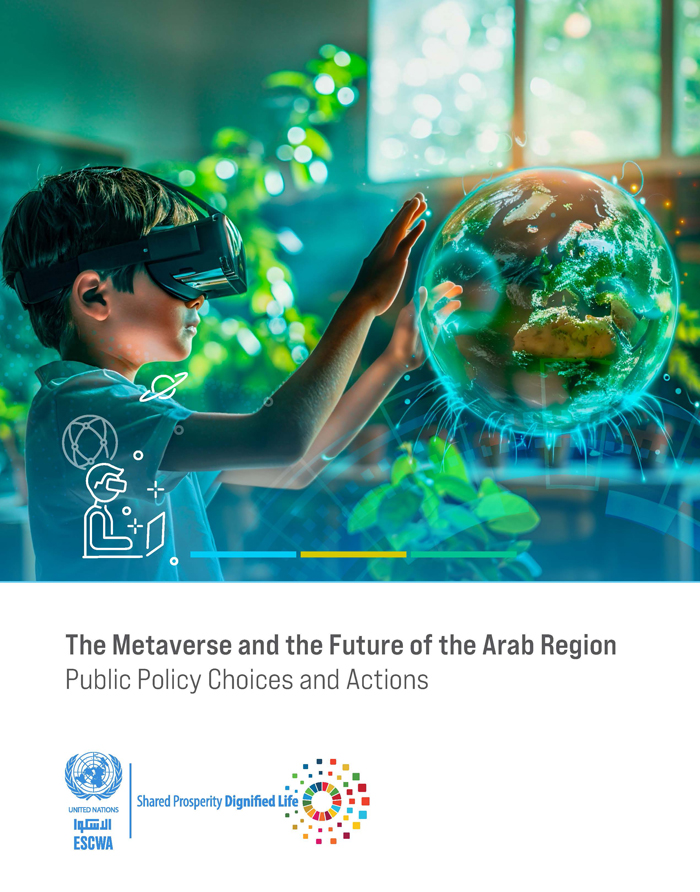
ESCWA Publication: E/ESCWA/SDPD/2019/GUIDE.2
Country: Arab region
Publication Type: Training material
Cluster: Climate Change and Natural Resource Sustainability
Focus Area: Natural resource sustainability
Initiatives: Promoting food and water security
SDGs: Goal 6: Clean Water and Sanitation
Keywords: Arab countries, Food security, Natural resources, Technology, Water, Technical cooperation, Water resources, Agricultural training
Training manual for using AquaCrop model to evaluate the impact of climate change on crop production
January 2019
Within the context of Food Security, ESCWA is implementing a Sida funded project on “Promoting food and water security through cooperation and capacity development in the Arab region” that includes a component on assessing the impact of climate change on agricultural production in the Arab region. This component is being implemented regional partners FAO - the Regional Office for Arab States Arab Center for the Studies of Arid Zones and Drylands (ACSAD) to assess agricultural production in the Arab region, as a result of changing water availability through the use of reliable climate forecasts and hydrological parameters at the regional and national levels.
In this respect, this manual, the “Training Manual for Using AquaCrop model to evaluate the Impact of Climate Change on crop Production” was prepared in Arabic as a step by step manual and included hands on exercises to assessing agricultural production of a certain number of crops in specific areas under the influence of climate change. The Climatic data were obtained from the outputs of the Regional Initiative for the Assessment of Climate Change Impacts on Water Resources and Socio-Economic Vulnerability in the Arab Region (RICCAR), implemented by ESCWA funded by SIDA.
Related content
Natural resource sustainability
,
Within the context of Food Security, ESCWA is implementing a Sida funded project on “Promoting food and water security through cooperation and capacity development in the Arab region” that includes a component on assessing the impact of climate change on agricultural production in the Arab region. This component is being implemented regional partners FAO - the Regional Office for Arab States Arab Center for the Studies of Arid Zones and Drylands (ACSAD) to assess agricultural production in the Arab region, as a result of changing water availability through the use of reliable climate forecasts and hydrological parameters at the regional and national levels.
In this respect, this manual, the “Training Manual for Using AquaCrop model to evaluate the Impact of Climate Change on crop Production” was prepared in Arabic as a step by step manual and included hands on exercises to assessing agricultural production of a certain number of crops in specific areas under the influence of climate change. The Climatic data were obtained from the outputs of the Regional Initiative for the Assessment of Climate Change Impacts on Water Resources and Socio-Economic Vulnerability in the Arab Region (RICCAR), implemented by ESCWA funded by SIDA.



